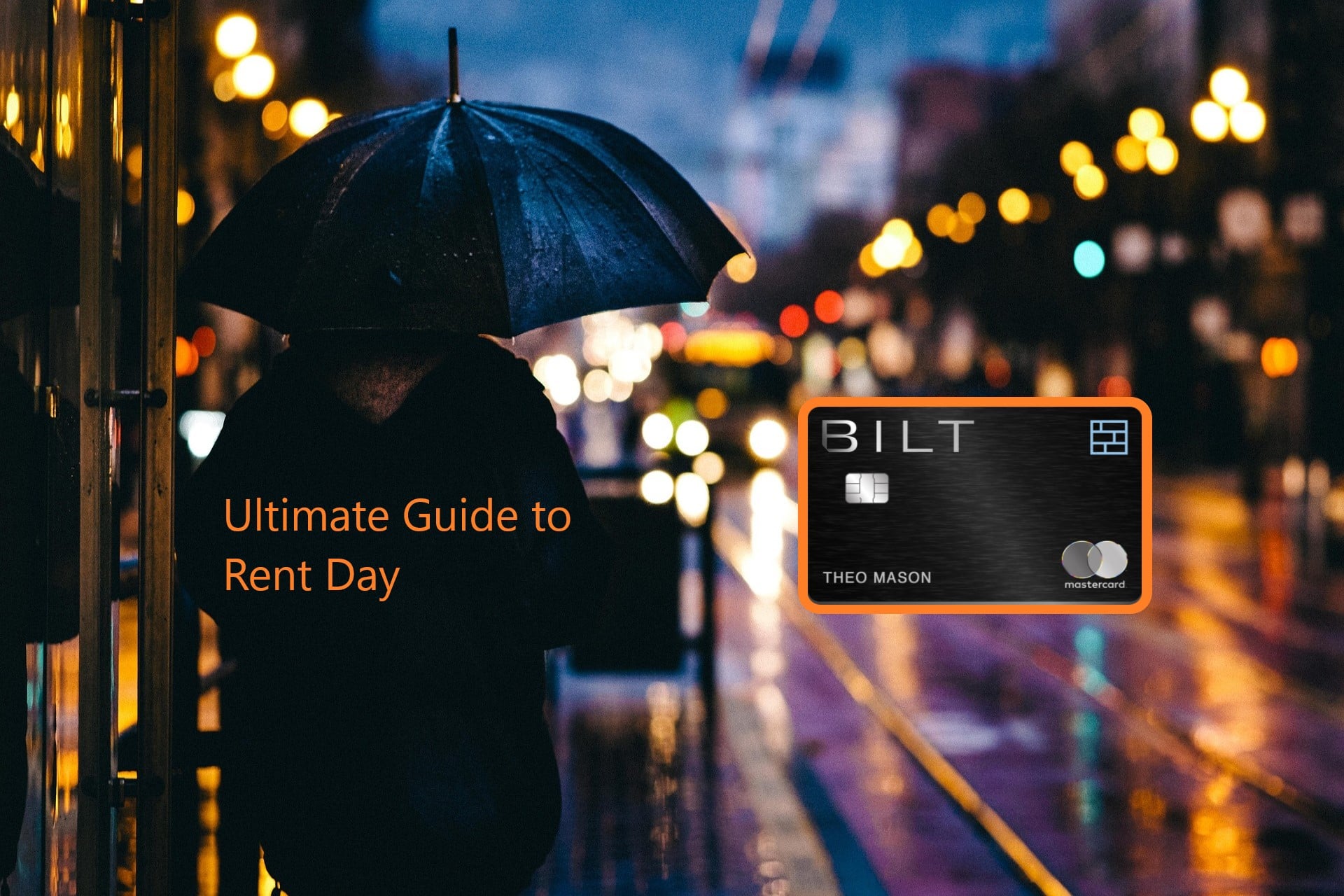Last updated on February 28th, 2024
Credit card debt can significantly burden your finances, but that doesn’t mean it is a lifelong struggle. With the right negotiation skills, you can take control of your debt and work towards a more manageable financial future. Here’s everything you need to know about negotiating credit card debt – providing you with the tools and knowledge you need to succeed.
Table of Contents
At a Glance
- It is vital to understand the potential impact on credit scores and any tax implications before choosing a settlement option.
- When considering settlement options, carefully evaluate the benefits and considerations of each option.
- Workout agreements and lump-sum settlements may provide immediate relief by reducing overall debt.
- Hardship plans and debt management programs offer structured payment plans to regain control of finances.
- Be aware of the potential impact on credit scores and any tax implications before deciding.
- Seek the assistance of a debt settlement company as a last resort, with bankruptcy as the final option.
Can You Negotiate Your Credit Card Debit with Your Lender?
While it might seem unlikely, credit card companies often are willing to negotiate an existing debt burden. This is because most credit card debt is unsecured, meaning it is not backed up by collateral. When credit card debt is unsecured, lenders might be unable to recoup the investment in credit, as there are no supporting assets of similar value to sell and regain the outstanding balance.
This is a long-winded way of saying that your bank may be willing to negotiate your outstanding credit card balances – especially if you are falling behind since they may wish to ensure they get as much in return as possible instead of a default.
The Importance of Negotiating Credit Card Debt
Negotiating credit card debt is essential for several reasons. First and foremost, it allows you to reduce the overall amount you owe, potentially saving you thousands of dollars. You can often secure a lower interest rate, eliminate late fees, or even have some of the debt forgiven by negotiating. Secondly, negotiating credit card debt can help you avoid bankruptcy and its long-term consequences on your credit score. It allows you to take control of your financial situation and find a resolution that works for you and your credit card company.
According to Debt.org, a leading debt-help organization, debt negotiation, when successful, has an almost universal decrease in the debtor’s overall debt and monthly payments. Debt settlement provided, on average, $2.64 in consumer savings for every $1 in assessed fees.
How to Negotiate Your Credit Card Debt
Negotiating credit card debt involves agreeing with your credit card company to settle the debt for a reduced amount or on more favorable terms, but how does it work? Here is a step-by-step guide to negotiating your debts with your lenders:
Assess Your Financial Situation
Assessing your financial situation is crucial before you begin negotiating your credit card debt. Look closely at your income, expenses, overall debt load, or debt-to-income ratio. Calculate how much you can repay your credit card debt each month. This assessment will help you understand your financial capabilities and determine your negotiation strategy.
Understand Your Credit Card Debt Burden
To negotiate effectively, you need to have a thorough understanding of your credit card debt. Start by gathering all the necessary information, such as the outstanding balance, interest rates, and additional fees or charges. Review your credit card statements and any correspondence from your credit card company to ensure you have a complete picture of your debt. Your thorough research enables you to negotiate from a position of knowledge and make informed decisions throughout the process.
Devise a Negotiation Strategy
With a clear understanding of your financial situation and credit card debt, it’s time to develop a negotiation strategy. Determine your desired outcome: a reduced balance, lower interest rate, or the removal of late fees. Consider your financial capabilities and what you can realistically offer to your credit card company. Research similar negotiation cases to understand what terms and offers are typically accepted. Armed with this information, you can build a negotiation strategy that maximizes your chances of success.
It’s worth noting that your negotiation strategy may hurt your credit score. Some debt settlement companies advise clients to avoid making minimum payments during debt negotiation as a leverage tactic, which can lead to missed payments and delinquencies. These delinquencies stay on your credit report for up to seven (7) years.
Contact Your Card Lender
Once you have your negotiation strategy in place, it’s time to contact your credit card company. Start by gathering the necessary contact information, such as phone numbers or email addresses. Prepare a script or outline of what you want to say during the conversation to ensure you cover all the key points. Be polite, professional, and assertive when discussing your credit card debt. Clearly explain your financial situation, desired outcome, and why you believe a negotiation is necessary. Remember to take notes during the conversation for future reference.
Negotiating with Your Lender
When negotiating with your credit card company, remaining calm, composed, and persistent is essential. Ensure you are prepared for potential pushback or resistance from the customer service representative you’re dealing with. Lenders always seek to recoup everything they are owed and likely will refuse to budge on credit card debt if you are current on payments.
If your initial request is denied, don’t give up. Ask to speak with a supervisor or explore alternative options. Consider any potential leverage you might have, such as your history of on-time payments or the potential to transfer your balance to another credit card company. Remember that the goal of negotiation is to find a mutually beneficial solution, so be open to compromise.
Types of Settlement Agreements
As with most debt negotiations, there is no one-size-fits-all approach to credit card debt settlements. Here are some of the more common debt settlement and repayment plans for outstanding credit card debt:
Debt Management
A debt management plan (DMP) is a repayment plan set up and managed by credit counseling agencies. DMPs are designed to fully repay debts within three to five years by making a monthly payment to the agency, which then pays creditors on their behalf. The benefits of a DMP include professional advice and support, lower payments, waived fees, and more manageable payments.
Debt Settlement
A credit card debt settlement plan is another option. Settlement plans involve negotiation between a borrower and a lender to settle outstanding credit card debt for less than the total amount owed. A debt settlement plan typically involves either a lump sum payment or a series of payments to the lender that is less than the full amount owed.
Hardship Plan
A credit card hardship plan is designed to relieve borrowers facing financial difficulties temporarily. In a hardship plan, the borrower can work with the lender to create a new repayment plan that is more manageable based on their current financial situation. This may involve reducing or waiving interest rates, lowering monthly payments, or extending the repayment period. Hardship plans are similar to forbearance.
Finalizing the Agreement
Once you’ve reached an agreement with your credit card company, finalizing the terms in writing is crucial. Request a written confirmation detailing the agreed-upon terms, including the reduced balance, interest rate, and other changes. Review the document carefully and ensure it accurately reflects the agreement you reached. Keep a copy of this confirmation for your records. Once both parties have signed the agreement, you can proceed with the agreed-upon payment plan.
How to Manage Your Debt After the Agreement
After successfully negotiating your credit card debt, developing a plan to manage your remaining debt effectively is essential. Create a budget allowing you to make regular payments towards your credit card debt while covering your necessary living expenses. Consider seeking professional financial advice or enrolling in a debt management program to receive additional support and guidance. Stay disciplined with your spending and repayment habits to avoid falling back into debt.
Conclusion
Negotiating credit card debt may seem daunting, but with the right approach and knowledge, it’s a manageable process that can significantly improve your financial situation. By understanding credit card debt, assessing your financial situation, researching your debt, and building a negotiation strategy, you can confidently contact your credit card company and negotiate favorable terms. Remember to remain persistent and open to compromise throughout the negotiation process. With a finalized agreement, you can take control of your debt and work towards a brighter financial future.
Related Article: How to Negotiate a Lower Credit Card Interest Rate
Featured image by Adrian/PixaBay
Editorial Disclosure – The opinions expressed on BestCards.com's reviews, articles, and all other content on or relating to the website are solely those of the content’s author(s). These opinions do not reflect those of any card issuer or financial institution, and editorial content on our site has not been reviewed or approved by these entities unless noted otherwise. Further, BestCards.com lists credit card offers that are frequently updated with information believed to be accurate to the best of our team's knowledge. However, please review the information provided directly by the credit card issuer or related financial institution for full details.



